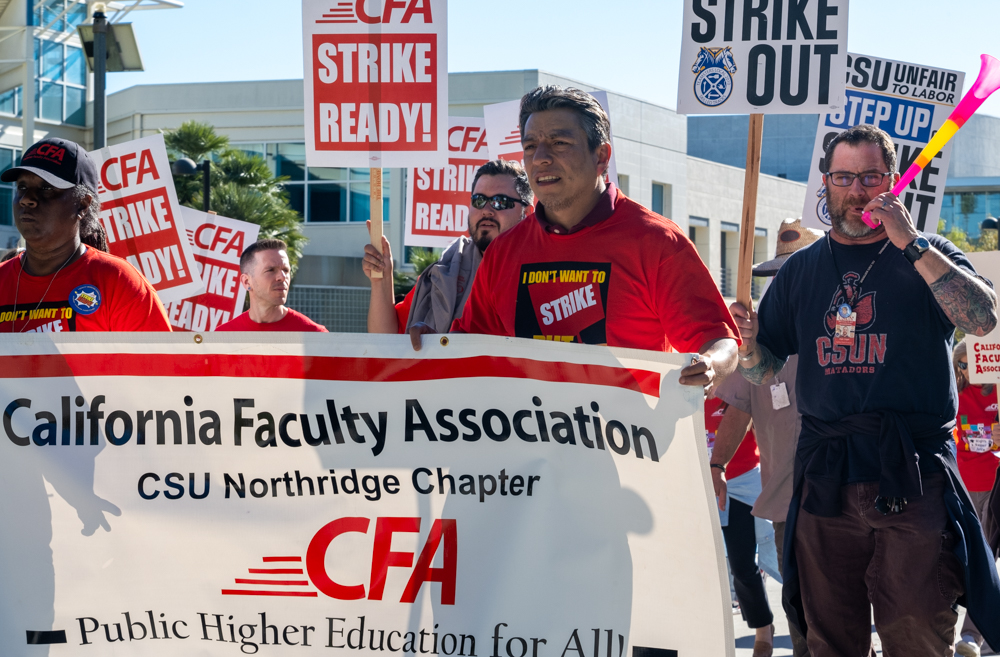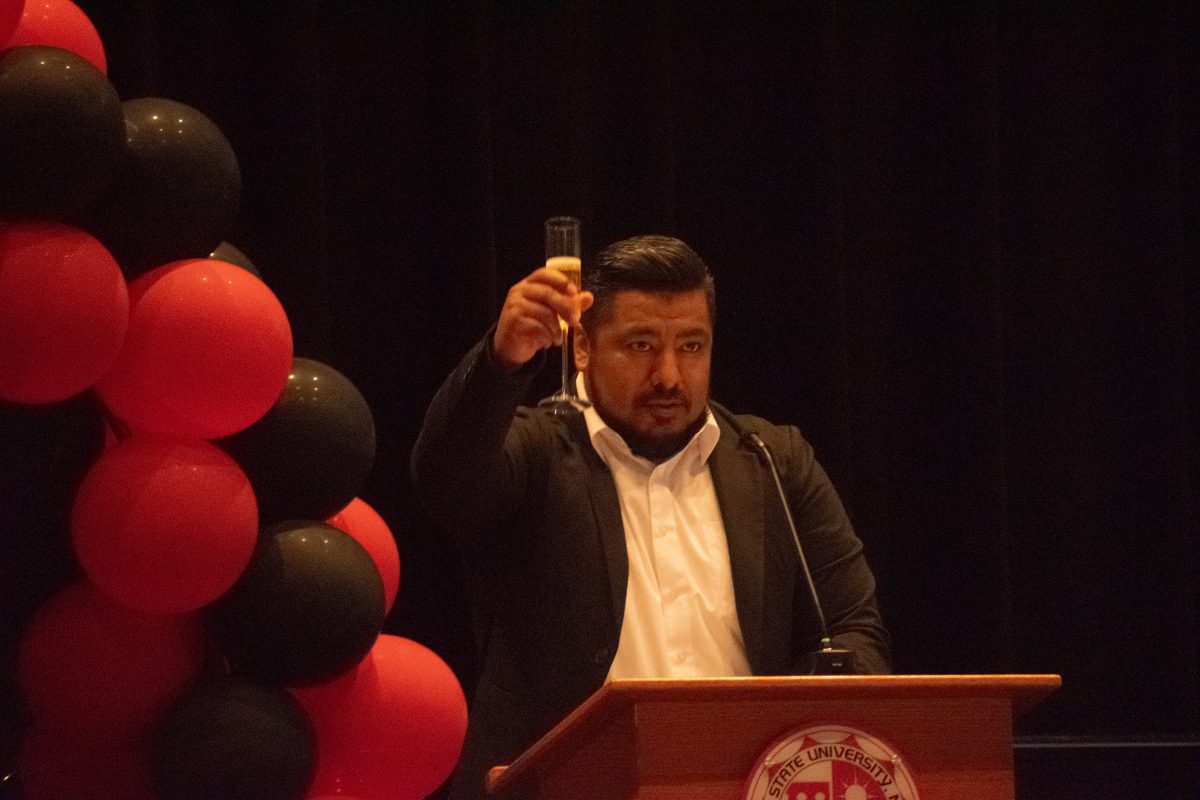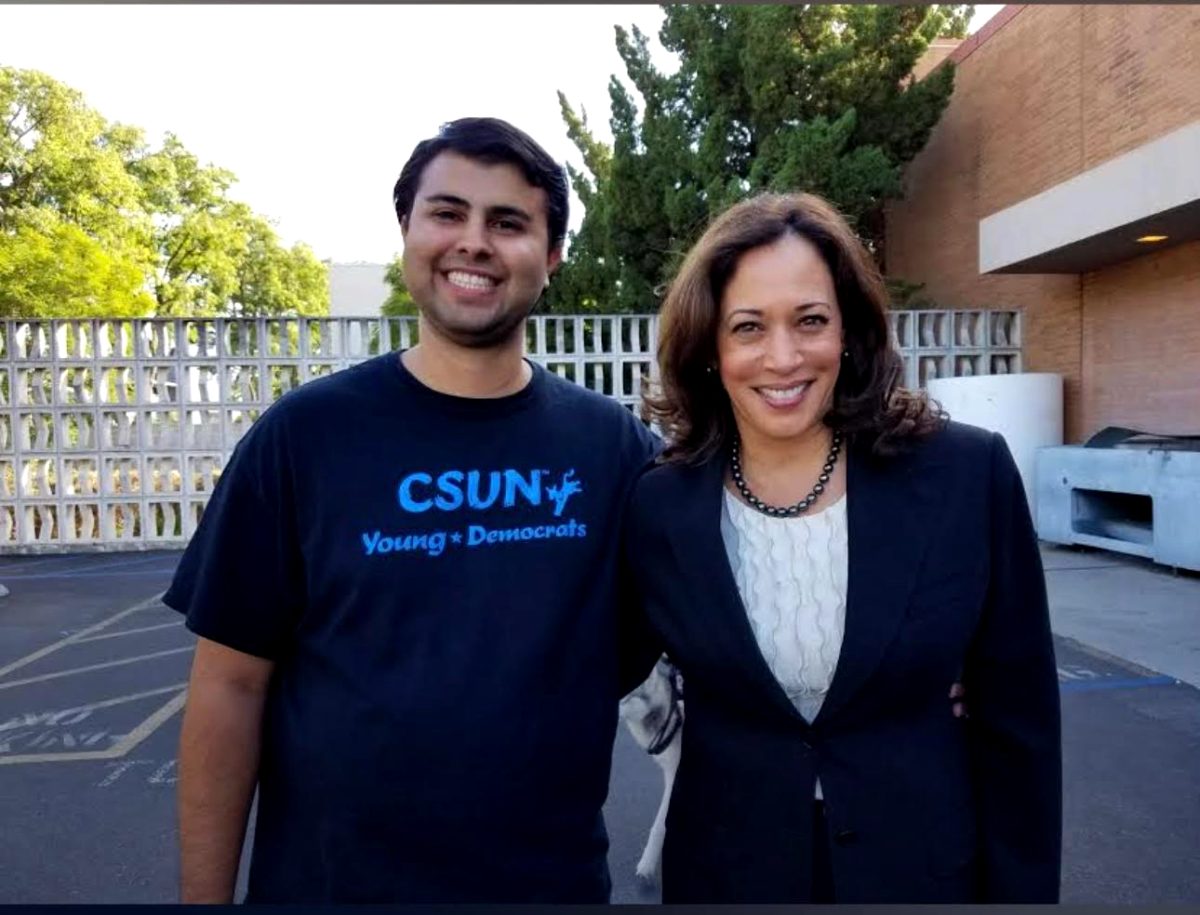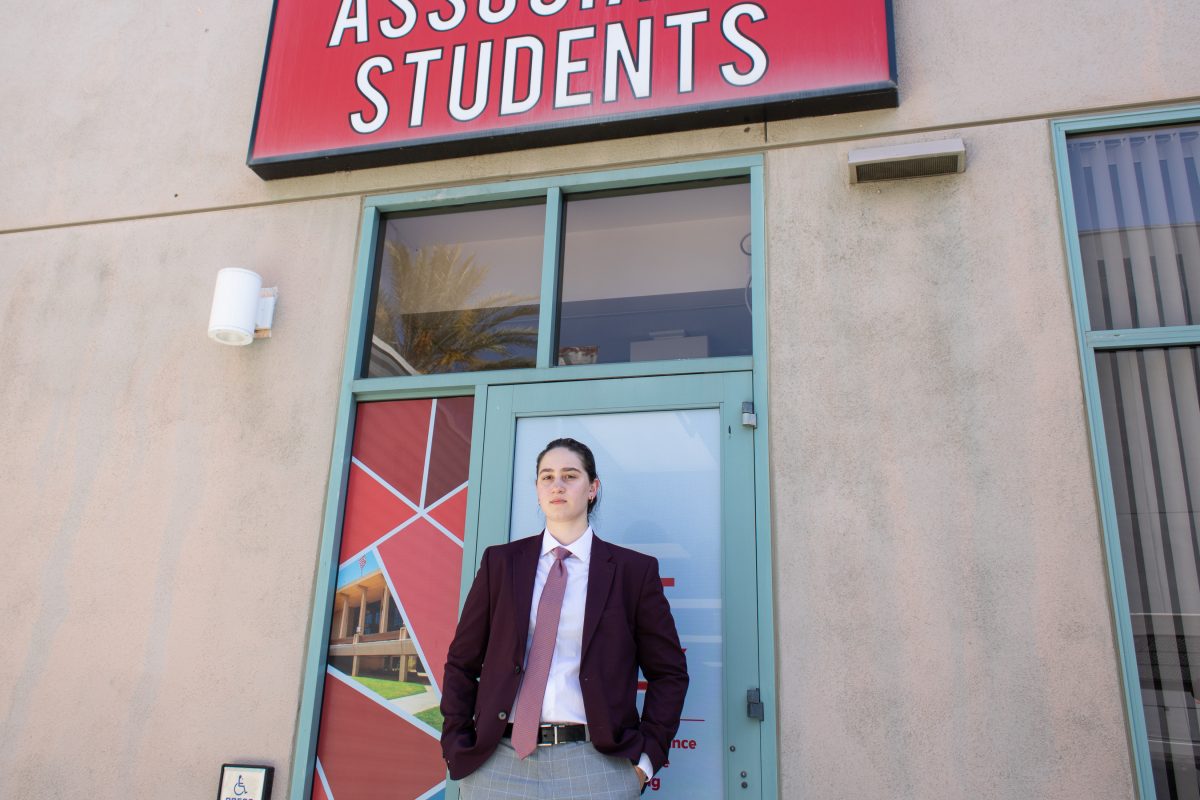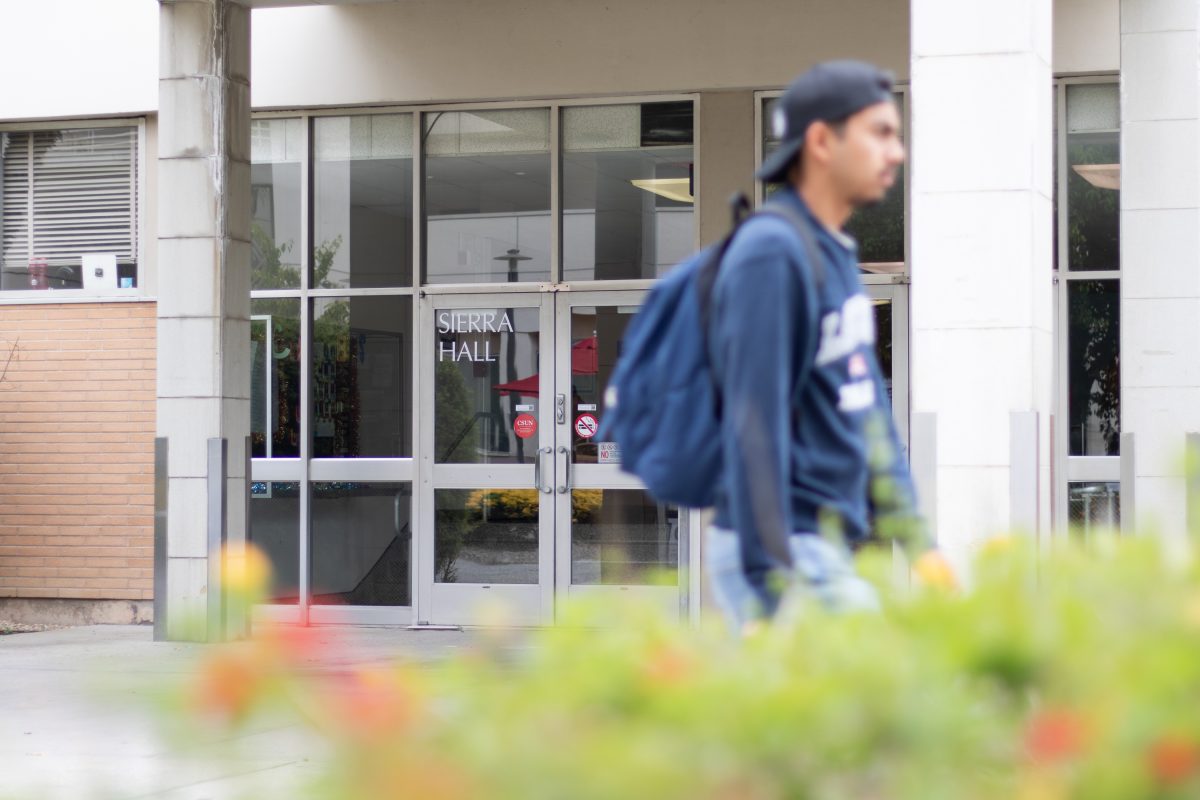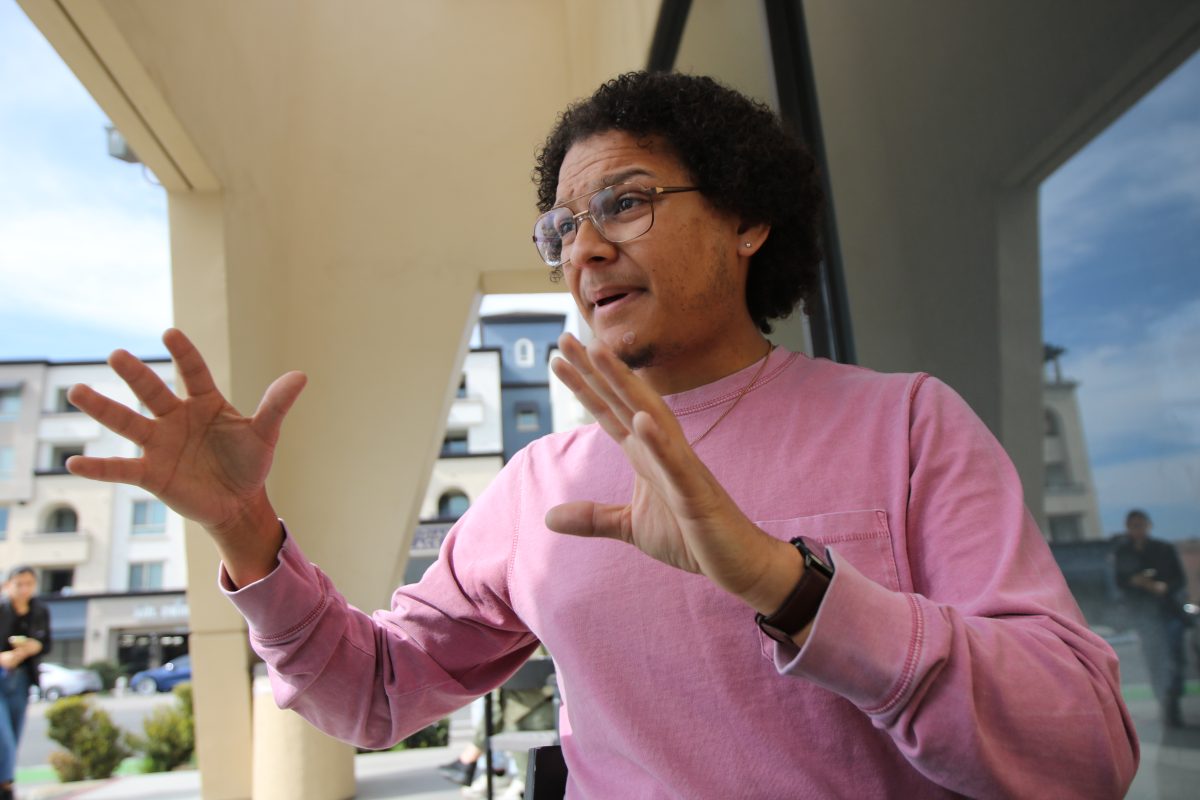After the historic CSU faculty strike scheduled to last a week ended after just one day, the new California Faculty Association Collective Bargaining Agreement (CBA) was approved by the members in a vote that took place from Feb. 12 to Feb. 18.
The CBA represented eight months of bargaining with the CSU administration. The CBA includes two 5% general salary increases, one which is retroactive, and another one for the coming year for all faculty members, raising the salary floor for the lowest paid faculty. The agreement also increased paid parental leave and included language that acknowledged other faculty concerns like increasing student-to-counselor ratios.
According to the CFA, 76% of voting members approved the agreement, voting “yes” to approve the new contract between the faculty and the CSU administration. As stated on the CFA website, “thousands” of members participated in the vote.
The CFA declined to release more information when asked to provide more details regarding the voting results.
The agreement passed with mixed feelings from some faculty members.
Brianna Limas, an outreach librarian, said she thinks that some areas of the new contract (like the ones that secured pay raises) represent gains for the faculty.
However, she also thinks that the union did not secure significant gains in other areas of the contract that were important to the faculty in the bargaining process.
“The CSU finally recognized it, but it’s still not enough,” Limas said. “The language for the counselors is that we’re going to sit down to talk about it in 2026. It’s not enforceable.”
The contract acknowledges the need for a standard of one counselor for every 1,000 to 1,500 students and establishes an agreement for the CSU to meet with the union in 2026 to discuss efforts made to meet this standard.
Limas said she voted “no” because she felt the agreement did not represent the totality of the faculty’s concerns. But she hopes that by continuing to work with the union, the CFA can secure more wins on faculty concerns in the future.
“I keep going back to the hope that now we need to get all these people involved and we need to get involved ourselves. We all need to take accountability for each other,” Limas said. “That’s what unions are about—solidarity. Even though I can be unhappy with the decision my union leadership made that day, that doesn’t mean I need to break out of my union.”
Assistant professor of Geography Luke Drake also voted “no” for similar reasons.
While Drake feels that progress was made in some areas, he is doubtful that some of the broader language in the contract will actually lead to tangible results.
“There seemed to be many parts of the offer that had more subjective language. ‘There will be more lactation spaces’, or ‘We will decrease class sizes’ and that sort of thing, without actually putting a number on it,” Drake said. “I don’t see that as much of a win, because it doesn’t define what the outcome will be.”
Drake also thinks communication from CFA leadership about the possibility of the strike ending after one day should have been clearer. He said the faculty were informed abruptly in an email that the strike was over.
“It left a lot of us, the teachers and the students, in a really bad place because of the timing of how it worked,” Drake said.
Delphia Williams, a CSUN librarian and Council for Racial and Social Justice representative for CFA Northridge defended the contract, believing it represents a net win.
“I voted ‘yes’ for the tentative agreement because we were moving the floor for our lowest paid faculty, for folks at the bottom of the pay scale where the pay scale is actually moving up,” Williams said. “They’re being hired at a higher rate, and that was the most important part of this agreement for me.”
Williams said that raising the pay scale for the lowest-paid faculty lecturers, as opposed to tenure-track faculty, was most important to her because she sees people struggling to make ends meet.
She also defended the union leadership’s choice to accept what the agreement was offering and end the strike.
“It’s a bargaining process. And because it’s a bargaining process by definition, either side is not going to get everything that they’re asking for,” Williams said. “You’re hoping to come to some compromise.”
Nery Alcivar-Estrella, a lecturer librarian, also voted “yes” for the agreement because the pay raises for the lowest-paid faculty were most important to her as a lecturer.
“I was really happy that the whole aspect of raising the floor was accomplished,” Alcivar-Estrella said.
However, Alcivar-Estrella acknowledged her disappointment with other parts of the contract. While the new contract raised parental leave from six to 10 weeks, she thinks they may have been able to negotiate for more.
“I think that all faculty members deserve the entire semester, ” Alcivar-Estrella said. “Perhaps if we would have prolonged the strike, we could have had more wiggle room to negotiate a compromise to have that.”
The new contract that was approved from the tentative agreement vote in February was ratified by the CSU Board of Trustees on March 4.
The agreement will remain in effect until June 2025, when the CFA and the CSU will come back to the bargaining table to renegotiate a new contract.
